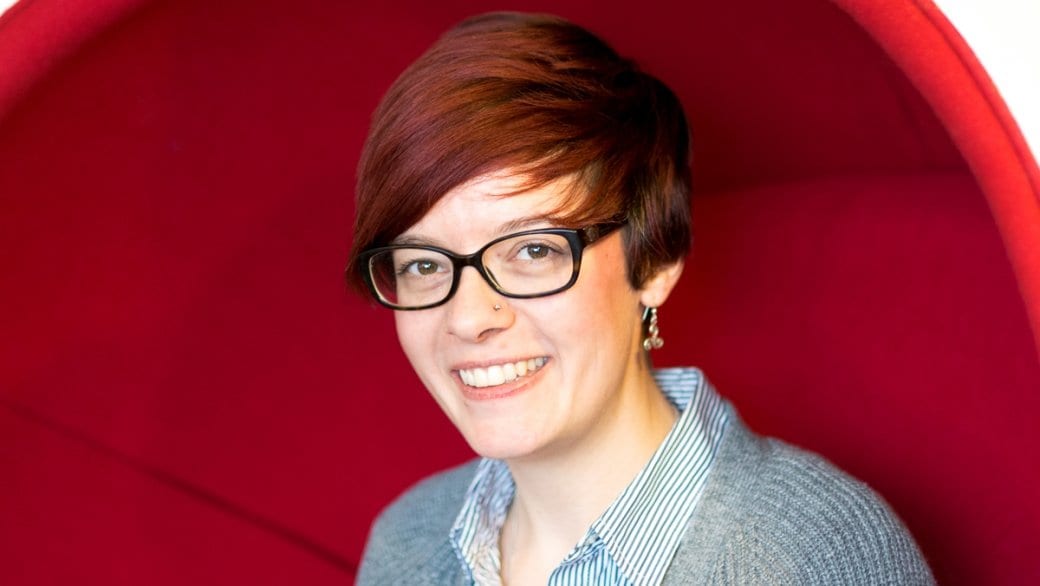In the past few years of writing on the science of sexuality, I haven’t met many questions so uncomfortable or thorny as the biological origins of same-sex desire. On one hand, many neuroscientists and psychologists I’ve interviewed feel crystal clear: people are born gay or straight, more or less, and how they choose to express that desire is just a little sociological icing on the cake. There’s a lot of good evidence for this; many studies show family values and culture have very little bearing on adult sexual orientation.
But start talking about genetics, fraternal birth order or twin studies — especially around young queer folk — and you’ll likely get a room full of uncomfortable stares. Isn’t sexuality, some might offer, more a socially-constructed phenomenon? Isn’t biological determinism a bit reductionist? And there are good reasons for this view, too. Western science has a miserable history of misinterpreting biology and using it to prop up conventional moral values. There’s a good reason why queer folk should beware biologist bearing gifts.
And yet, how do you explain sexual orientation without biology? If humans are all fully programmable tabulae rasae, why would anyone in a heteronormative society be gay at all? Somewhere, behind it all, biological machinery must be working. At the same time, this biological truth has to be squared with the important realization that every idea we hold is shaped by society, including what “gay” or “queer” mean to begin with.
Into this uncomfortable strait between biological determinism and social constructionism, University of British Columbia philosopher Carrie Jenkins dives in her new book What Love Is: And What it Could Be. Jenkins’ book isn’t about sexual orientation, it’s about love, but it tackles many of the same core issues. Our study of love, she argues, has been divided into two oil-and-water disciplines. On one hand, some say romantic love is a bundle of neurochemicals and innate psychological drives designed over thousands of years by evolution. On the other, some say romantic love is a cultural invention, intended to reinforce and reproduce the heterosexual monogamous family.
Neither, Jenkins says, is the whole picture. We can’t really understand our biology without knowing how our basic impulses have been shaped by social forces. And we can’t understand why our society has built certain cultural institutions if we don’t understand our biological drives. The dichotomy is false; we need both sides of the story.
Much has already been written about What Love Is: And What it Could Be as a daring philosophical challenge to compulsory monogamy. But in the queer world, the option of non-monogamy — at least sexual non-monogamy — is not particularly revolutionary. Half the straight non-monogamists out there got the idea from reading Savage Love in the back pages of a university town arts weekly.
But there are two observations in Jenkins’ book that are desperately important for discussions of minority sexuality. The first is that biological and social understandings of love, bonding and sexuality don’t have to be at war. There is no need for endless, pointless duelling essays about who was really “born this way.” There’s far more value, as Jenkins writes, in locating “the hidden seams between love’s biological machinery and its ideological contours,” and figuring out how all the parts fit together.
The second important observation is that queer folk are not forced to either embrace romantic love, with all its heterosexist, mononormative, white-picket-fence baggage, or jettison it completely. The history of the gay movement in North America has often been a push-and-pull between those who would integrate into straight society, with marriage, children and lifelong sexual fidelity, and those who would rebel completely and ditch romantic love along the way. There is a third way, Jenkins argues. We can guide love’s social reality onto a more equal, expressive and inclusive path, making room for queer love, non-monogamous love, asexual love and everything else demanded by our complex biology.
Love, Jenkins wants to say, is salvageable.
What Love Is: And What it Could Be is available now from Basic Books.


 Why you can trust Xtra
Why you can trust Xtra


